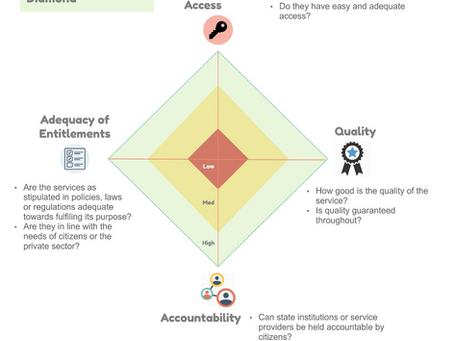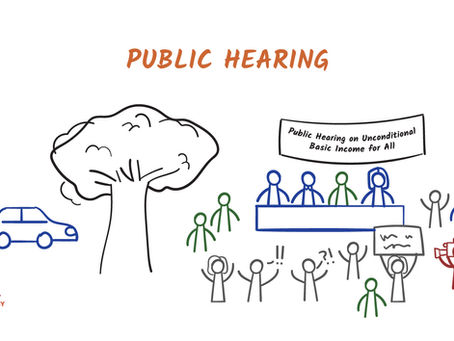Supported by:
Co-created by:
advocacy and Social Accountability toolbox
This toolbox gives activists, advocates and development practitioners some critical and tested concepts, strategies, and processes that can enrich your advocacy campaigns and social accountability initiatives. It includes:
-
Introductory concepts such as the human rights-based approach, social accountability, and the right to information
-
Planning and monitoring tools such as outcome harvesting, outcome mapping, the service assessment diamond, the advocacy canvas, and corresponding tools to strengthen your advocacy planning
-
Potential strategies for your advocacy campaign, including a set of cards and more detailed articles on (social) media advocacy, influencers, and legal advocacy
-
Potential processes for your social accountability initiative such as facility audits, social audits, public hearings, community score cards, and citizen report cards
The toolbox, a collaborative project between Welthungerhilfe and the Civil Society Academy, has been financially supported by the German Ministry for Economic Development and Cooperation.
























































